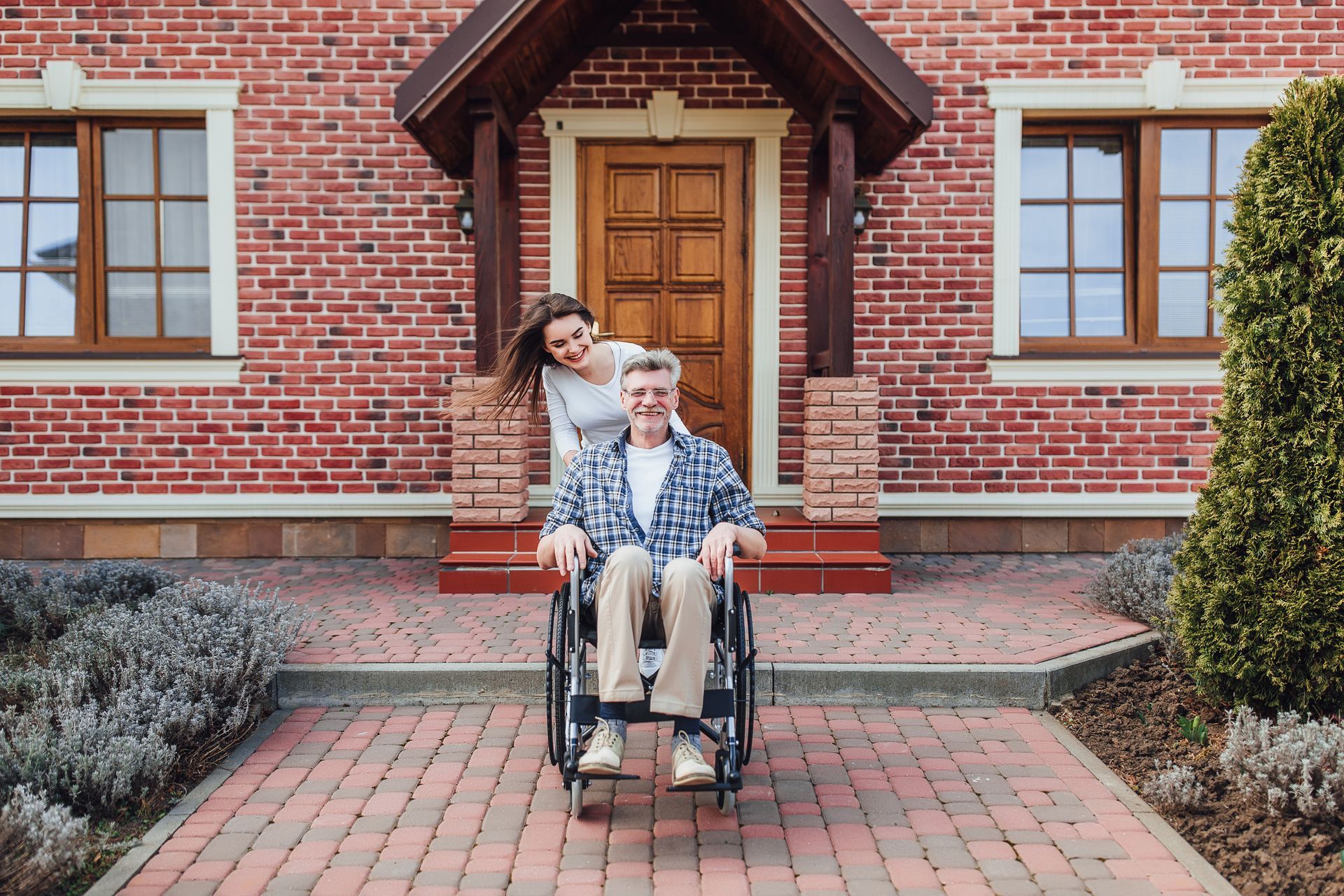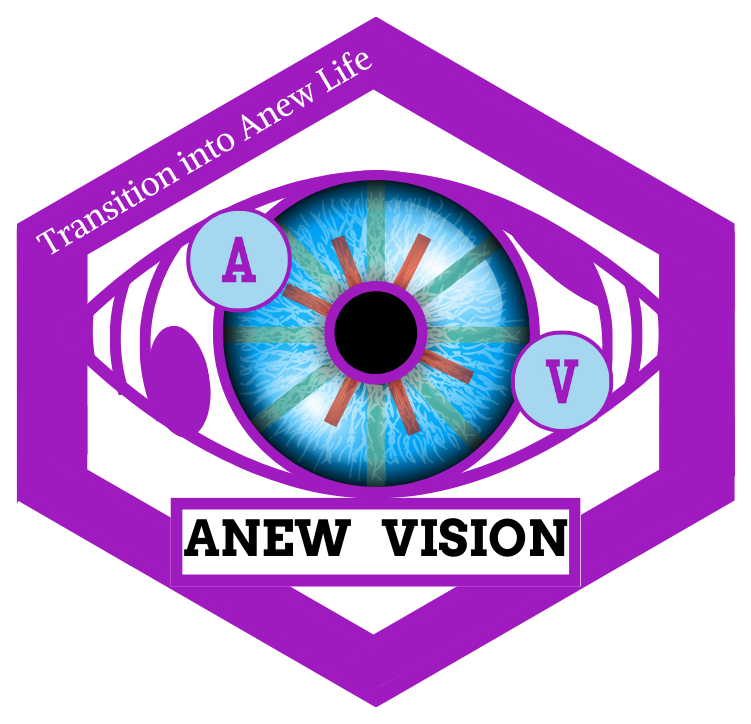Building Life Skills for a Successful Transition Post-Recovery | Fort Worth Support
Building Life Skills for a Successful Transition Post‑Recovery
Sustaining recovery from addiction isn’t just about staying sober; it’s about building a life that is stable, purposeful, and fulfilling. Sobriety may mark the beginning of recovery, but true transformation requires more than just abstaining from substances. It involves learning how to navigate everyday challenges, manage responsibilities, rebuild relationships, and restore one’s sense of identity and confidence.
This is where life skills training in addiction recovery plays a critical role. Recovery isn’t complete without developing the tools needed to function successfully in daily life—such as financial management, effective communication skills, structured routines, emotional regulation, and long-term planning. These are the skills that not only prevent relapse but also support sustained independence, self-worth, and reintegration into family, work, and community life.
1. The Vital Role of Life Skills After Rehab
Most recovery programs focus on clinical stability—detox, therapy, relapse prevention. But when treatment ends, daily life begins—and with it come challenges:
- Managing money and expenses
- Reestablishing healthy routines
- Reconnecting emotionally with family
- Navigating new social and work situations
Without practical life skills, many fall back into old patterns—and risk relapse. That’s why training in daily routines, financial management, and communication skills is essential.
2. Core Life Skills You Need After Recovery
a) Financial Management
Money stress is a top relapse trigger. Key financial skills include:
- Creating and following a monthly budget
- Managing bank accounts wisely
- Paying bills and recovering from debt
- Saving for emergencies
- Setting long-term financial goals
Local services in Fort Worth often pair transitional housing assistance with budgeting workshops to help learners regain financial control.
b) Communication Skills
Clear, respectful communication is crucial for relationships and stability:
- Active listening ensures everyone feels heard
- “I” statements prevent blame and promote openness
- Emotion labeling fosters understanding and connection
- Conflict resolution techniques support mature problem-solving
These skills tie directly into growth achieved through family therapy, individual counseling, and intervention counselling.
c) Daily Routines & Self‑Care
Routine anchors recovery. Effective strategies include:
- Morning and evening self-care rituals
- Healthy meals and exercise habits
- Time management for work, appointments, and leisure
- Daily check-ins—journaling, reflection, or meditation
Programs like the outpatient program at Fort Worth and transitional living program reinforce routines that stick.
d) Coping & Problem‑Solving
Life’s inevitable stressors require emotional preparation:
- Mindfulness and relaxation tools
- Identifying triggers and coping strategies
- Structured problem-solving: plan, act, evaluate
- Reaching out to peers or professionals
These are central to a robust relapse recovery plan.
e) Social & Community Engagement
Connection and support underpin long-term success:
- Attending AA and NA programs and support groups Fort Worth
- Finding a sponsor or accountability partner
- Rebuilding trust in relationships through consistency
- Volunteering or engaging in community activities
3. Fort Worth Resources for Life Skills and Transition
Transitional Living Services & Halfway Houses in Fort Worth Texas
These structured programs offer:
- Supportive housing with rules and routines
- Workshops on cooking, budgeting, and job skills
- Transitional living program settings that include group therapy and peer learning
- Access to transitional housing assistance to make staying affordable
Fort Worth Transitional Care Center / Transitional Center
These facilities help bridge inpatient care and community reintegration:
- Coaching on daily responsibilities and life skills
- On-site individual counseling
- Referral to outpatient rehab Fort Worth, relapse prevention activities, and AA rehabilitation
Outpatient Program Fort Worth
Enables individuals to live at home—with benefits including:
- Structured therapy and life skills classes
- Real-world practice with daily routines
- Flexible schedules to maintain employment or education
Fort Worth Counseling and Intervention
These professionals offer key support:
- Intervention counselor: guides families to treatment entry
- Individual adult counseling addresses personal barriers
- Family-focused therapy enhances communication skills and trust rebuilding
Non-Profit Drug Rehabilitation Centers & Drug Rehabs in Fort Worth
Non-profit and affordable rehab centers deliver:
- Life skills workshops
- Group and individual therapy
- Help with creating relapse prevention strategies
- Follow-up programs, including support groups Fort Worth and AA rehabs
4. Designing a Rock-Solid Relapse Recovery Plan
A comprehensive relapse prevention plan blends life skills and support:
- Recognize personal triggers— emotional, financial, or social
- Establish consistent routines— mealtimes, work, therapy, leisure
- Practice coping tools— deep breathing, exercise, peer check-ins
- Engage in structured relapse prevention activities— meetings, journaling
- Manage finances responsibly to reduce stress and increase stability
- Build accountability through sponsors, counselors, or family
- Evaluate and adapt monthly to stay on track
By integrating structure and support, recovery becomes more resilient.
5. Connecting Family Support and Life Skills
Healthy recovery often involves healing family relationships:
- Family counseling after addiction recovery helps rebuild trust through transparency and empathy
- Rebuilding trust involves consistency, reliability, and forgiveness
- Improving communication skills learned individually are practiced in family settings—with tools like “I feel” statements and reflective listening
- Emotional bonds are strengthened as families develop shared routines and responsibilities
Together, life skills and Fort Worth family counseling create a stable, nurturing home environment.
6. Eight Pillars of Post‑Recovery Success
- Safe Living: through transitional housing assistance and structured housing
- Emotional Support: from individual counseling, intervention counseling, and family therapy
- Practical Skills: financial literacy, daily routines, communication
- Community Connection: AA and NA programs, support groups Fort Worth
- Relapse Prevention: combined planning, coping tools, peer support
- Structure & Routine: through outpatient rehab Fort Worth programs and transitional centers
- Accountability: via mentors, therapists, sponsors
- Growth Opportunities: volunteering, education, job training
FAQs: Mastering Life Skills After Recovery
1. What are the key life skills needed post-rehab?
Essential skills include financial management, communication, structured routines, stress coping, and community engagement.
2. Where can I get help with financial management?
Many transitional programs and non-profit centers offer free or low-cost budgeting workshops. Counselors also connect participants with community resources.
3. How does communication training help recovery?
Strong communication reduces conflict, builds trust, and improves relationships—factors that directly support long-term sobriety and family harmony.
Conclusion: Empowered Recovery = Thriving Life
Long-term recovery isn’t just about staying clean—it’s about recovering the skills and confidence to live well. Life skills training in addiction recovery provides crucial support via financial responsibility, healthy routines, emotional coping, and community connections.
In Fort Worth, a strong ecosystem of transitional living services, outpatient rehab Fort Worth, family counseling, support groups in Fort Worth, and transitional housing assistance empowers individuals—and their families—to transform their lives. When combined with daily discipline and community support, life skills training paves the way for a future not just free from addiction, but full of promise and purpose.









